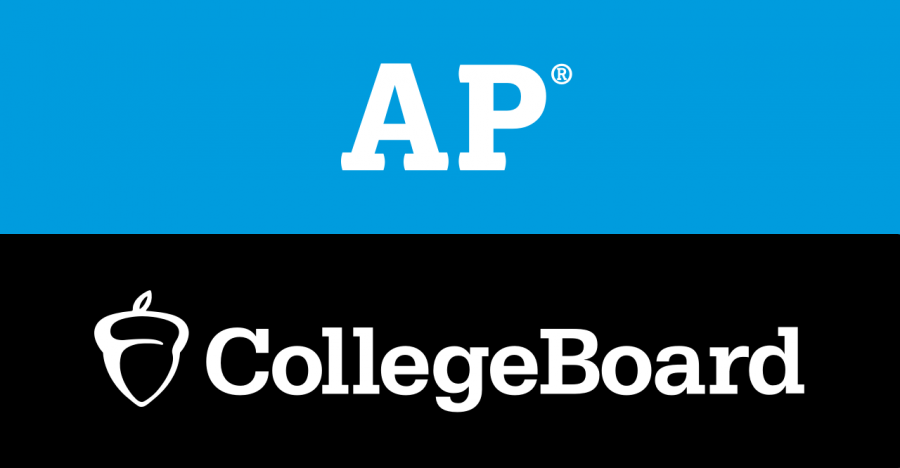AP Classes vs Community College Classes
Each year, many high school students across the country study as hard as they can for AP exams in hopes of earning college credit. Then, there are the handful of students who discovered that they also hold direct access to these college credits by enrolling in community college courses.
AP exams and community college are two completely different and challenging experiences; however, it is important to learn about which option is best for you.
Money Matters
Students aspire to get college credit while still in high school for many reasons, including the ability to save time and money while in college. Nobody wants to spend a few thousand dollars on a class they could’ve taken during high school for a fraction of the price, especially if you plan to attend a four year university straight away.
At a regular public university, college students are looking at about $1,000-2,000 per class; however, Business Insider reports that elite institutions such as Columbia University, NYU, and USC, can charge up to $8,000 per course if a student does not qualify for financial aid or scholarships.
While the price of AP exams looks heavenly compared to the cost of a course at a private university, it would be false to claim that AP exams are cheap. In fact, the prices of these tests increase each year and currently cost $95 per subject test; furthermore, some students invest in prep books and tutoring to increase their chances of getting a score that holds value.
As a high school student, classes at Colleges of the Canyon would cost approximately half of one AP exam. The regular cost of classes at COC is $46 per unit, but high school students only have to pay about $30-40 depending on the term.
Comparing the costs between AP exams and community college, there seems to be a clear winner. Since you can take up to 11 units at College of the Canyons each term, you can achieve way more college credit for your money.
Different Learning Styles
Many students may wonder which is easier: AP exams or community college? However, the answer to that question varies.
AP exams are perfect for students who pride themselves on being great test-takers. Since it is the score on the test that determines if you achieve college credit and not the grade in the class, students who get test anxiety might struggle.
On the other hand, community college courses are best suited for those that are ready for a more mature environment. As a high school student, there is a chance that you might feel uncomfortable because you are no longer in a space with people around your age.
Truthfully, there is no easier option when it comes to comparing AP exams and college courses. It is important to acknowledge that both are fast-paced; furthermore, one should not go into either expecting a perfect test score or an easy A.
My Personal Advice
As somebody who took eight AP classes as well as eight classes at College of the Canyons, I found that I learned more from my AP classes; however, I was less stressed, earned more college credit, and saved more money at COC.
That being said, I do recommend that students take both AP exams in addition to community college courses. Many universities do not offer credit for passing scores on AP exams, while others do not accept dual enrollment credit. If you are like the majority of students and do not know which university you will be attending, a mixture of AP exams and college courses can ensure that you receive at least half of the college credit you got in high school.
Still need help deciding on which subjects you should take AP exams for and which subjects you should take at COC? I suggest using AP exams for your core subjects since you do need to take a minimum of five classes on campus. Then, I advise you to use the College of the Canyons as a resource to fulfill your other school requirements such as the foreign language or fine arts.
My last piece of advice for those who aim to take these challenging classes is to not overwhelm yourself. It is perfectly fine to not have every class on your schedule be honors, AP, or dual enrollment. You’ll soon find that the true key to succeeding in either of these classes is balancing your schedule and prioritizing your mental health!
Your donation will support the student journalists of Canyon High School. Your contribution will allow us to pay for our print issue magazine, website, and equipment costs.






